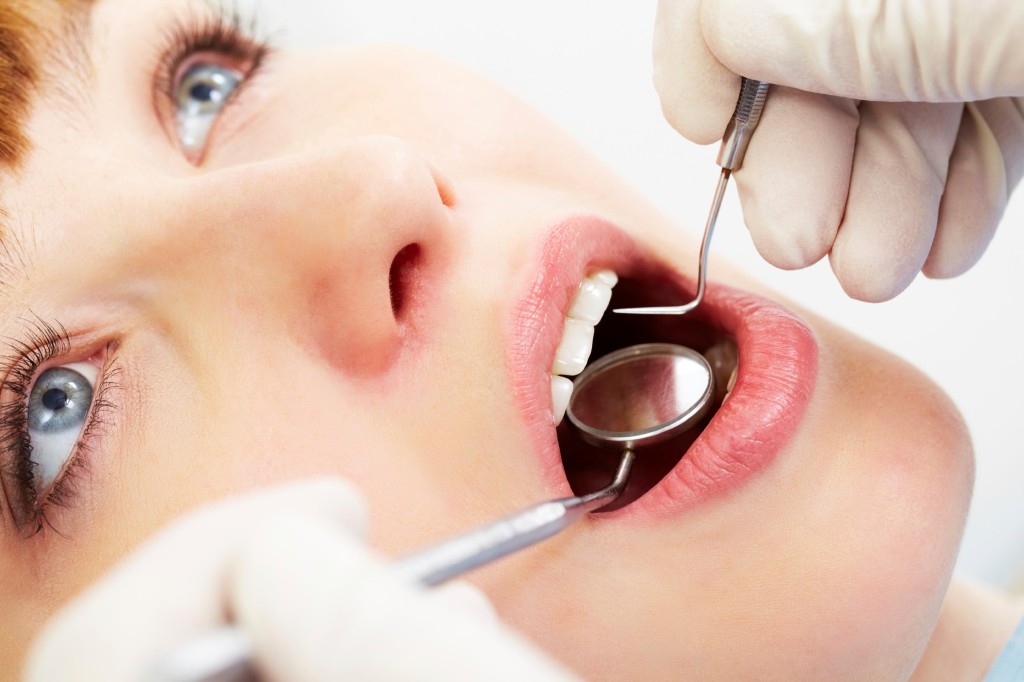
Finding out you have a cavity (or multiple) is often dreaded when visiting the dentist. It’s usually a time of realization that maybe you haven’t been keeping up with your oral hygiene routine as well as you should be. However, if you do happen to have one or more cavities, it’s not the end of the world. This should motivate you to get back on track to prevent developing cavities in the future. The good news is that tooth decay is preventable!
Tooth decay is the number one chronic childhood disease worldwide. In Canada alone, 2.26 million school days are missed each year due to dental-related illness. In general, it is one of the most common diseases and is second to the common cold. The truth is that tooth decay isn’t uncommon and you’ve likely experienced it at some point in your life. Left untreated, tooth decay can lead to pain and infection, which can make it hard to speak and eat. Tooth decay is caused by acid produced from the bacteria found in plaque. Plaque is a formation of bacteria, food, acid and saliva. The acid in plaque is what eats away at the tooth’s enamel, which eventually leads to cavities and tooth decay.
5 common cavity culprits that can increase your risk for tooth decay include:
Sugar is not only bad for your bodily health, but it’s also bad for your oral health. Try to limit your intake of sweet/sticky candies, fruit juices, energy drinks and sodas that are high in sugar. The sugar found in these food/beverages feeds the formation of plaque. Ideally, it is best for you to brush your teeth after consuming these foods/beverages, but even rinsing with water can help to wash away plaque.
Regular brushing and flossing is essential in removing plaque and maintaining a healthy mouth. Your oral health routine is especially important at night to remove all the plaque that has built up from eating and drinking throughout the day. Over time, plaque can turn into a harder substance called tartar, which can only be removed professionally. Maintaining good oral hygiene also includes regular visits to the dentist. A good dental cleaning can get to those hard to reach areas often missed by your toothbrush.
Fluoride is an important mineral for oral health. It can prevent and even reverse tooth decay that has started and makes teeth more resilient to the acids produced by plaque. Fluoride is added to many pubic water supplies to provide protection for everyone, but there are also a variety of toothpastes and rinses containing fluoride available in stores for purchase.
Saliva helps to wash away food particles and sugars that promote plaque, but a lack of saliva can mean dry mouth. You can increase the production of saliva in your mouth by snacking on healthy, crisp foods such as apples, carrots and celery throughout the day. Dry mouth can be caused by certain medications, but drinking lots of water can help to keep your mouth moist and the surface of your teeth clean by washing away food and plaque.
Regular smokers have an increased risk of tooth decay and gum disease. In addition, tobacco can interfere with the production of saliva.
By eliminating the risks of tooth decay above, you will have a healthier mouth. Be sure to keep it up!
At Oakville Place Dental Office, we believe that your oral health is an important part of your overall health. We offer a range of oral health services from routine check-ups and regular dental cleanings to more comprehensive care such as fillings, wisdom teeth removal, cosmetic care and root canals.
If you live in the Oakville area, contact us today to schedule your next dental appointment!
 0 Comment
0 Comment